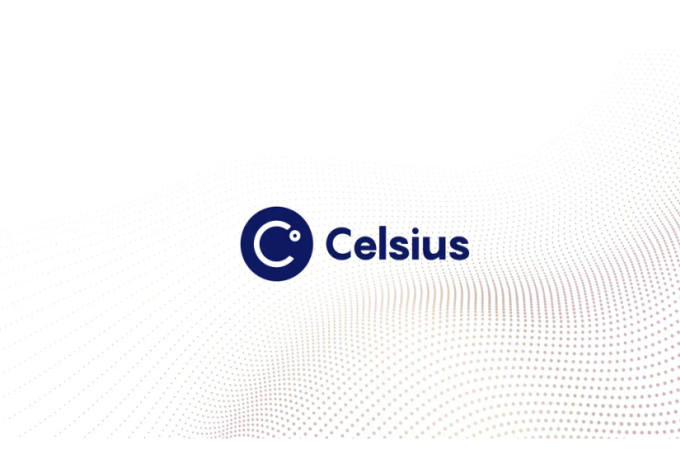
Why this niche lender went DIY to build a sales app
EnerBank USA has built its business over the last 15 years by financing home improvement projects nationwide over the phone. It is now looking to disrupt itself with a homegrown app.
In January the $1.25 billion-asset industrial loan company rolled out a mobile app it built that allows its home contractor clients to offer homeowners a near-instant credit decision to finance a home improvement project by inputting financial information into an app on the contractor’s phone or tablet. It also rolled out a web-based version of the product. So far, about 2,000 of its customers have downloaded the app and it expects that eventually half of its loans will be originated this way.
The app is the last example of how banks are responding to customers’ demands for digital solutions and easier application processes. EnerBank executives said the Salt Lake City company wanted to enable its clients to offer a digital option for a consumer base that is increasingly comfortable using mobile financial services.
“We did research, both quantitative and qualitative, and had a lot of client visits, and our customers told us they wanted to be able to offer a digital financing option,” said John Harris, executive vice president of sales and marketing at EnerBank.
The company also wanted to “dispel one of the myths in the industry, that you can only pay contractors by cash or check,” Harris said.
When homeowners are approved through the app they receive the loan immediately; the contractor is paid directly and the homeowners then repays EnerBank. Harris said there will never be a denial of a loan via the app; if homeowners aren’t immediately approved, they are prompted to call the bank’s lending department to offer additional information or work out an alternative financing structure.

“Typically, consumers get a home equity loan or maybe a personal line of credit from their bank if they want to finance a home improvement project, but this is another option for those that don’t want to use home equity or another option,” Harris said.
The ability to obtain quick financing on the spot for a home improvement project could prove helpful for consumers, said Daryl Jones, a lending specialist with Cornerstone Advisors.
“There’s a speed and convenience factor, and it’s certainly easier than going out to [the homeowner’s] bank to get a loan,” he said.
In general, Jones said, mobile lending capabilities are becoming more popular, and more banks will likely be looking to offer them.
“Online [lending] has become pretty saturated,” he said. “We have been seeing a lot more requests from clients wanting to do experience design and mobile-first design” when it comes to lending.
Indeed, EnerBank is not the only home improvement financier trying to make its loan approval faster and digital.
Renovate America, one of the largest providers of Property Assessed Clean Energy loans, recently began offering unsecured loans for home improvements through contractors that it has vetted. Unlike PACE loans, which are secured by borrowers’ homes and can be used only for energy efficiency upgrades, the new financing can be used for many kinds of home improvement. Even cosmetic upgrades such as kitchens or baths. The new product, called Benji, is currently in four states, California, Florida, Kansas and Missouri, where Renovate America has existing contractor relationships. Contractors can download an app on their mobile phones or tablets, allowing them to offer financing in the home, where most improvement and replacement projects are proposed and accepted.
Renovate America executives said that the app cuts the application process in half versus applying over the phone and that approval decisions are made within seconds of submission.
Its noteworthy that both Renovate and EnerBank build their solutions internally.
“We looked at the options of buy-versus-build, but because of our lending model and the customization of our loan product for contractors, building it ourselves was right for us,” said Joel Cannon, a vice president of marketing at EnerBank. “So we took our model and built a credit engine to support these new options.”
As a smaller institution, EnerBank had to bulk up its tech team to build the app itself, but ultimately that decision meant “not having to compromise in our lending decisions,” Cannon said.
The company also wanted to give the app a slick user interface that consumers have become used to with mobile, Cannon said. For example, it has a function to scan a barcode on a driver’s license to grab personal information, so the homeowner doesn’t have to input it manually.
After spending about 12 months building the app, EnerBank released it with select customers as a pilot in September, before its general release in January.
EnerBank has no current plans to license it to other banks. Customers that are already members of the bank’s Private Label Program (in which they pay a certain amount of money to have their brand identity in the loan materials instead of EnerBank’s) can have their own branding in the app as well.
Cornerstone’s Jones said that it is “pretty unique; you don’t see a lot of banks building platforms like that on their own,” but cautioned that any bank building in-house has to consider more than just technology.
“You need to have something that works well, but also the ability to support it,” he said. “The customer service and back end is also extremely important.”
First appeared at American Banker





